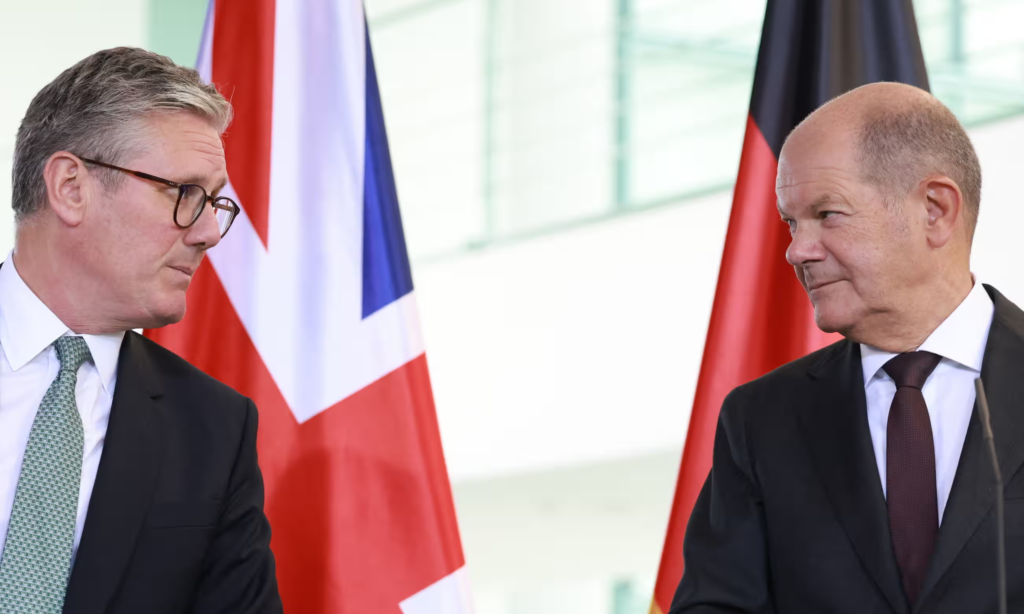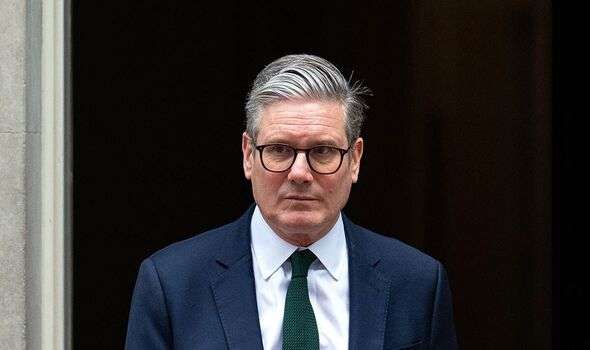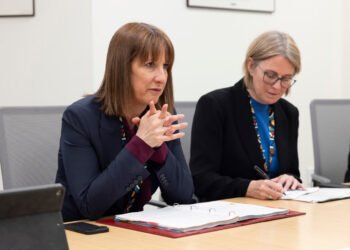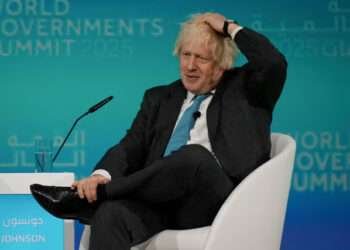As Britain braces for its most painful budget in years, motorists could soon feel the sting of the first fuel duty increase in over a decade.
Labour, now grappling with a £22 billion budget shortfall it attributes to the previous Tory government, is contemplating this tax hike as part of its strategy to balance the books.
When pressed on whether fuel duty would be frozen again, Prime Minister Sir Keir Starmer remained non-committal during his recent tour of Germany and France.
The Labour leader, who vowed to repair what he describes as “14 years of rot” left by the Conservatives, is facing the difficult task of finding ways to plug the budget gap without breaking key election promises.
Starmer’s silence on fuel duty, coupled with speculation of impending increases in wealth taxes such as capital gains and inheritance tax, has stirred concerns among the public.
Earlier this week, the Prime Minister warned that the budget on October 30 would be “really painful,” fueling anxieties about the economic challenges ahead.
Despite Labour’s assurances that income tax, VAT, and national insurance will remain untouched, everything else seems to be on the table. Since fuel duty has been frozen since 2010 when George Osborne effectively halted the fuel duty escalator introduced by Gordon Brown, a potential increase now could be seen as a significant shift in policy.
The Conservative Party criticized Labour’s claims of a financial black hole as a mere excuse to raise taxes. Starmer and Chancellor Rachel Reeves previously promised not to increase taxes during the election campaign, but the financial reality may now force them to reconsider.
Critics have also pointed out that, despite Labour’s claims of limited funds, the party still agreed to inflation-busting pay rises for the public sector.
To offset the rising costs, Reeves already announced a series of spending cuts, including removing the winter fuel allowance for 10 million pensioners and scrapping plans for financial support for elderly care.
A fuel duty increase could be the next move in what opponents are calling Labour’s “war on motorists,” following controversial schemes like the extension of the ultra-low emission zone (Ulez) in London.
Starmer, accused of being overly pessimistic after a recent speech where he admitted things might “get worse before they get better,” tried to shift the narrative. In Berlin on Wednesday, August 28, he urged the public to remain hopeful, insisting that the government’s tough measures are necessary to build a better future.

Labour Faces Tough Decisions As Budget Approaches
“Let me inject some hope because the whole point of this exercise is to make sure we can bring about the change that we need,” Starmer said. “If you don’t clear out the rot and don’t do it properly, you’ve got nothing to build on, and therefore this is a vital step.”– Keir Starmer.
Despite these reassurances, Starmer was unable to definitively rule out the first rise in fuel duty since 2010. Instead, he avoided speculation about the budget, emphasizing his commitment to economic growth while cautioning that a Labour government must do more than just “tax and spend.”
Moreover, Reeves declined to rule out increases in inheritance or capital gains taxes, stating that she was not going to “write a Budget two months ahead of delivering it.” This stance has drawn criticism from senior Conservatives, who accuse Labour of dishonesty during the election campaign.
Leadership contender Robert Jenrick accused the government of “shamelessly rewriting history” to justify “huge tax rises,” while former Prime Minister Rishi Sunak argued that Labour’s tax hikes were always part of their plan.
Amid these fiscal debates, Starmer is also battling accusations of cronyism following revelations that Labour donor Lord Waheed Alli received a security pass for 10 Downing Street. Starmer denied any impropriety, stating that Alli was simply assisting Labour’s transition into government.





















